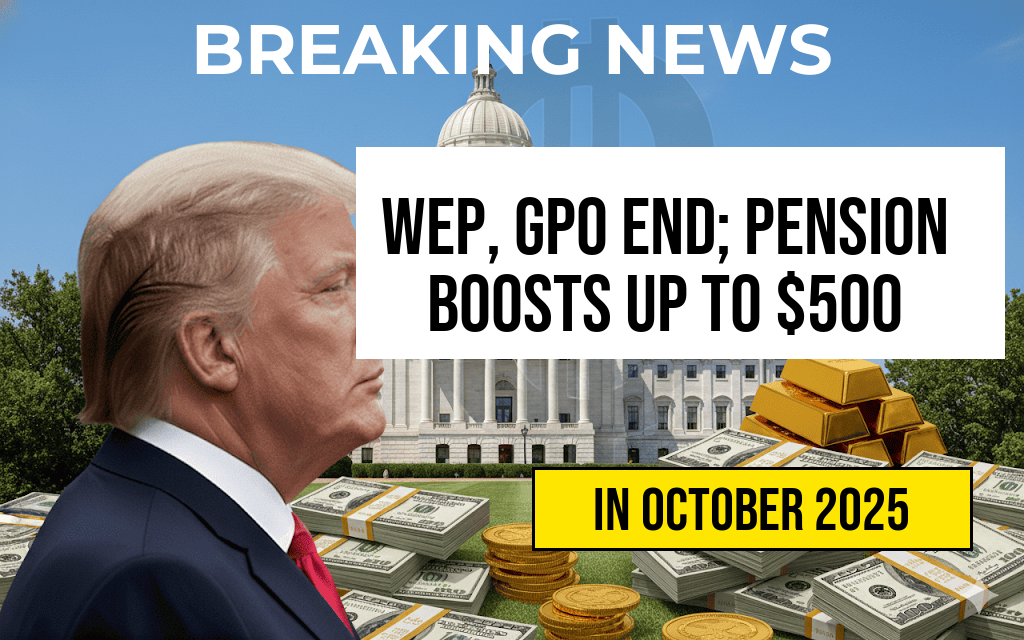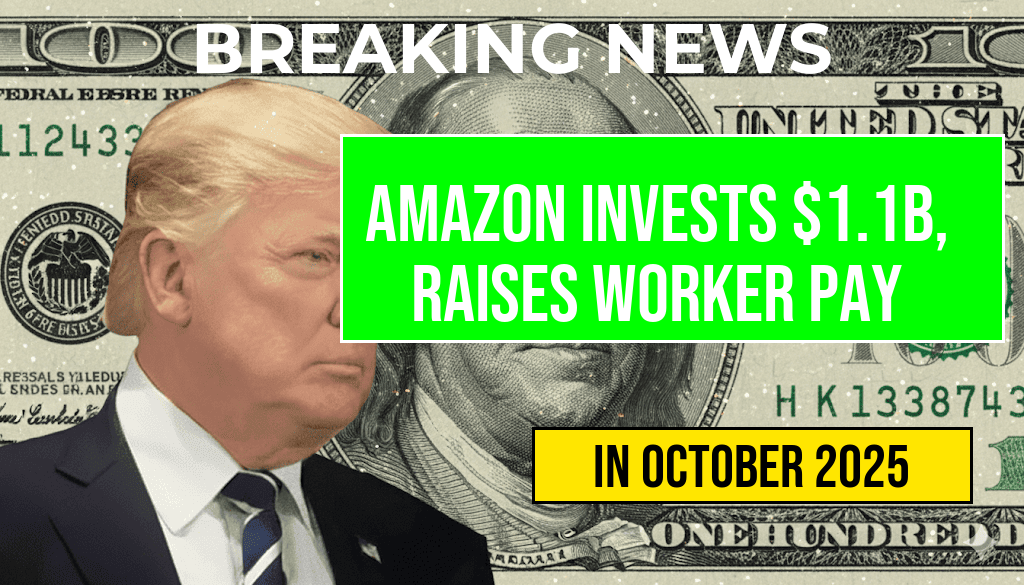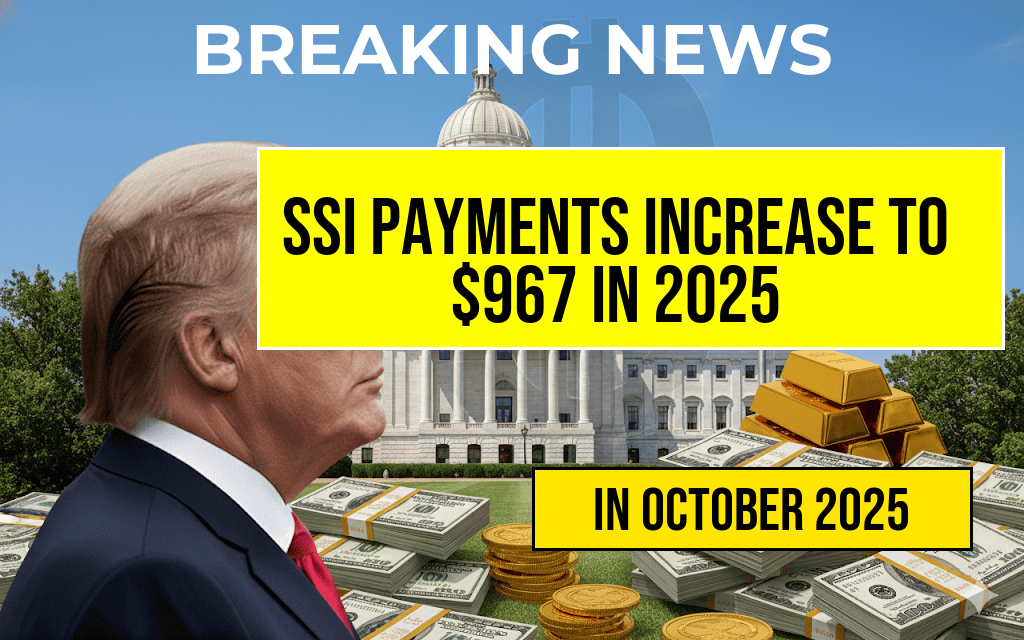Medicare recipients are facing a notable increase in their healthcare costs this year, as a recent announcement confirms that the standard Part B premium will rise by $10.30. This adjustment effectively absorbs a significant portion of the upcoming cost of living adjustment (COLA) for seniors, which is typically designed to offset inflation impacts. While the COLA for 2024 is expected to be approximately 3%, amounting to an average increase of around $50 per month for beneficiaries, the higher Part B premium will reduce the net benefit for many. This shift underscores ongoing debates about the sustainability of Medicare funding and the financial pressures on retired Americans relying on federal benefits to maintain their healthcare coverage amid rising costs.
Understanding the Medicare Part B Premium Increase
Details of the Adjustment
| Component | 2023 | 2024 |
|---|---|---|
| Standard Part B Premium | $164.90/month | $175.20/month |
| COLA Increase (Average) | N/A | Approximately $50/month (3%) |
The $10.30 increase in the Part B premium directly impacts the monthly healthcare expenses for millions of Medicare beneficiaries. While this rise is part of a broader effort to sustain the Medicare Trust Fund, it effectively consumes a sizable slice of the anticipated COLA increase, which otherwise would have helped seniors counteract inflationary pressures.
Impact on Beneficiaries
Many retirees rely on COLA adjustments to offset increasing costs of living, including housing, utilities, and healthcare. With the premium hike, the additional $10.30 per month reduces the net benefit of the COLA increase, leaving some beneficiaries with less disposable income than they expected. For example, a senior expecting a $50 monthly boost will see approximately one-fifth of that increase absorbed by the higher Part B premium, diminishing their overall financial flexibility.
Factors Behind the Premium Hike
Medicare Funding and Rising Healthcare Costs
The increase is primarily driven by the rising costs of medical services and medication, along with demographic shifts such as the aging U.S. population. The Medicare program is facing mounting financial pressures, prompting policymakers to adjust premiums to ensure long-term solvency. Additionally, the rising prices for medical supplies and provider reimbursements contribute to the higher costs absorbed by the program.
Policy and Legislative Context
Federal officials have pointed to the need for adjustments in premiums to keep Medicare financially sustainable over the coming decades. The Centers for Medicare & Medicaid Services (CMS) emphasizes that premium adjustments are carefully calibrated, balancing the need for fiscal responsibility with the goal of maintaining access to essential healthcare services for beneficiaries.
Potential Consequences and Responses
Financial Strain on Seniors
Some seniors, especially those on fixed incomes, may find the combined effect of increased premiums and inflation challenging. The higher monthly expenses could lead to difficult choices, such as delaying non-urgent medical care or cutting back on other essential expenditures.
Policy Options and Advocacy
Advocacy groups are urging policymakers to reconsider the timing and scale of premium increases, emphasizing the importance of protecting vulnerable populations from disproportionate cost burdens. There is also discussion around alternative funding mechanisms, such as adjusting payroll taxes or increasing federal subsidies, to prevent future premium hikes.
Additional Resources and Context
- Wikipedia: Medicare
- Forbes: Medicare Premiums Increase in 2024
- CMS: Medicare Costs and Beneficiaries
Frequently Asked Questions
What is the main reason for the Medicare premium increase this year?
The increase is primarily due to a higher Part B expenses that will consume the additional ten dollars and thirty cents of your cost of living adjustment.
How much will my Medicare Part B premium increase this year?
Your Medicare Part B premium will increase by ten dollars and thirty cents, which will offset the cost of living adjustment provided this year.
Will the increased Medicare premium affect my overall benefits?
While the premium increase affects your monthly Medicare costs, your benefits remain the same. However, the higher premium may reduce your overall net benefit.
Who is affected by the Medicare premium increase?
All Medicare beneficiaries enrolled in Part B will experience the premium increase, especially those with income levels subject to standard premiums.
Is there any way to reduce the impact of the premium increase?
Some beneficiaries may qualify for financial assistance programs or income-based subsidies that can help mitigate the higher Part B expenses.








